18 ideas to profit from the world's hottest theme
While some naysayers may argue that the run in the world's artificial intelligence winners' share prices is just hype, experts at Livewire Live 2024 argued that there is more where that came from.
At this week's Livewire Live event, a panel featuring Munro Partners' Nick Griffin, Antipodes' Jacob Mitchell and Tribeca's Jun Bei Liu agreed that artificial intelligence, or AI, is experiencing a boom - one that will continue thanks to massive investments in cloud computing infrastructure and AI models created by the world's mega-cap tech companies.
Sure, concerns exist - but there is real potential for AI to transform businesses across every sector through increased productivity, efficiency and new applications.
It's crazy to think that hardly anyone was talking about artificial intelligence a few years ago - and that's probably where the fears over it potentially being a bubble lie.
When it comes down to it, artificial intelligence has come a long way over the last 12 to 18 months, but research in the field has been ongoing since the late 1950s. OpenAI, for context, the creator of ChatGPT, wasn't founded until December 2015.
So, where are the real opportunities in artificial intelligence for investors?
In this wire, I'll take you through some of the major lessons gleaned from this exceptional panel of local and global equities experts, highlight some of the key risks they see in the future, outline some of the potential applications of AI, and name some of our guests' favourite stocks to play the theme.
And just because you all know I love a dash of drama, I also asked the panellists to name the AI imposters that investors should steer clear of.
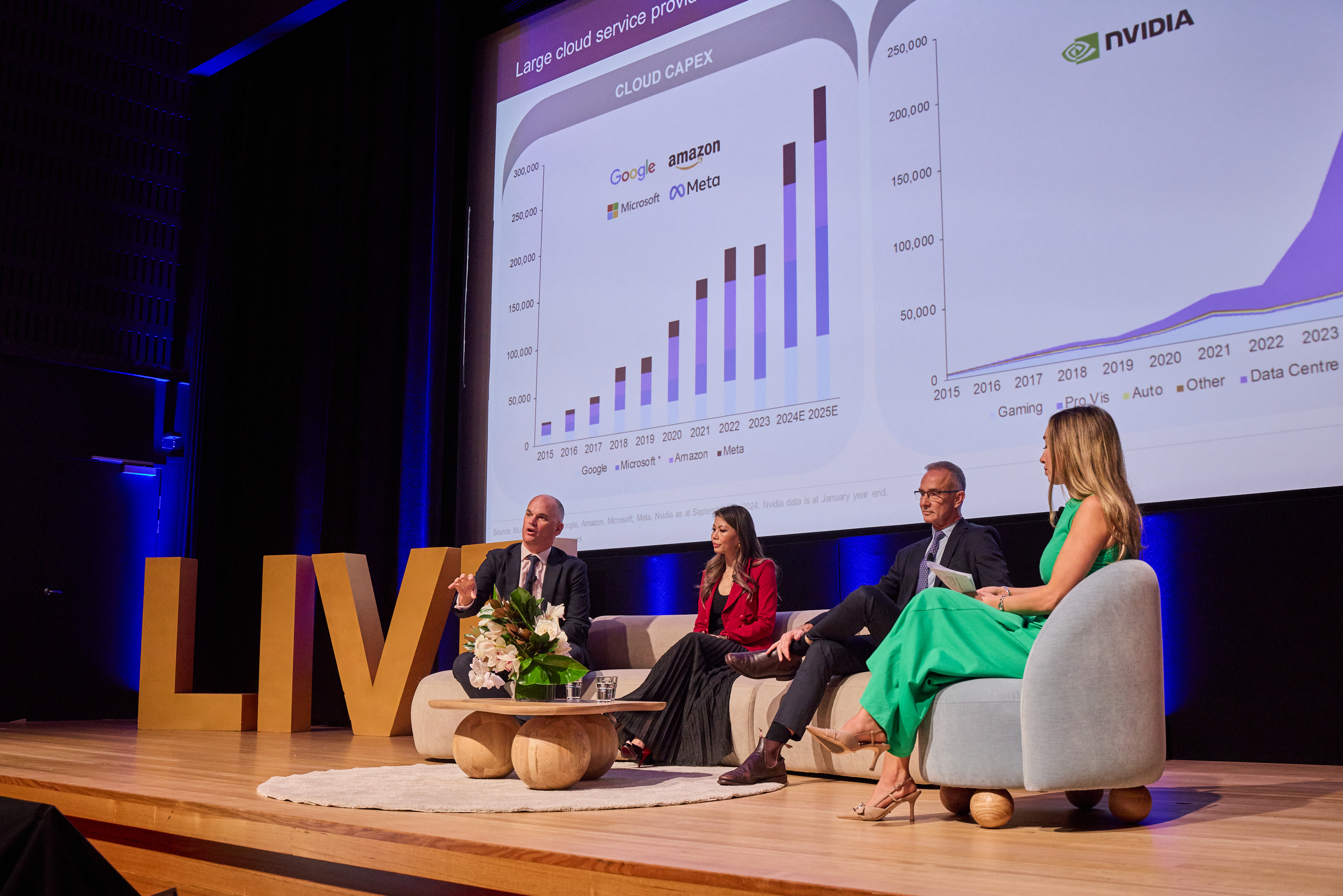
Can the boom in AI continue?
Over the last 12 to 18 months, every single dollar of Google (NASDAQ: GOOGL), Amazon (NASDAQ: AMZN), Microsoft (NASDAQ: MSFT) and Meta's (NASDAQ: META) hyperscale CAPEX went straight to NVIDIA (NASDAQ: NVDA). This year alone, these cloud businesses are set to spend US$200 billion on data centre CAPEX.
That's according to Munro Partners' Nick Griffin, who has just returned from a research trip in San Francisco.
"Every single company we met, basically all the hyperscalers, told us that they're just going to build bigger and bigger clusters. They're going from 100,000 GPU clusters to 200,000 GPU clusters to 500,000 GPU clusters to a million GPU clusters. They're seeing no diminishing return of scale from these models," Griffin said.
"The more compute they throw at them, the more they can do. And that is the key differentiator between these businesses. They're all going to keep spending for the next few years to create these amazing AI models... We are 18 months into it, but we think it's very much a boom still."
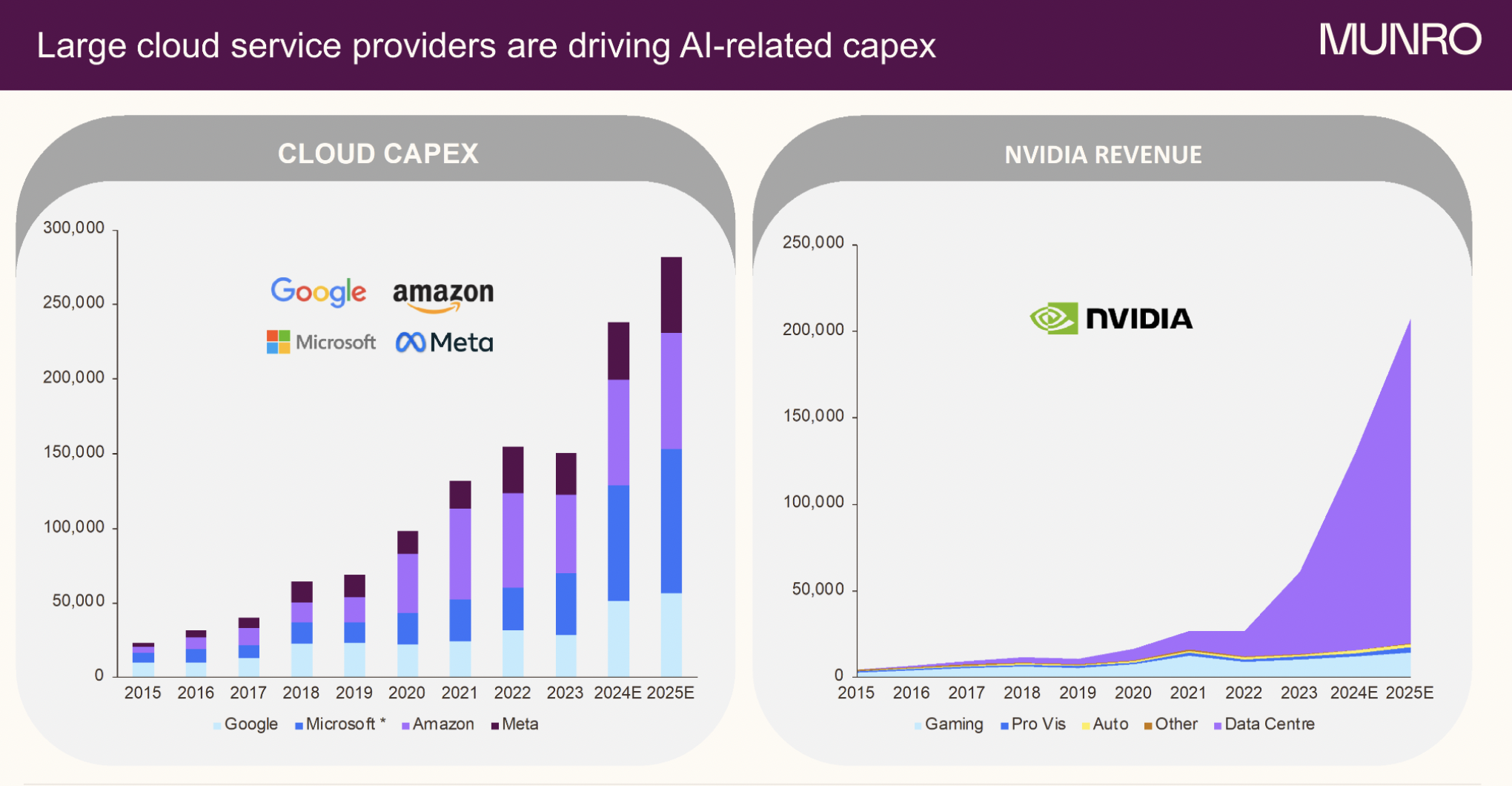
Similarly, Tribeca's Jun Bei Liu believes that AI is booming, but argues it's an opportunity far beyond the chipmakers like NVIDIA.
"It's everywhere. It's the whole supply chain - whether it's energy, a retailer, a distributor, or everyday corporate businesses that can find efficiencies. I actually think we are at the infancy of what is to come," she said.
In terms of the chipmakers, it could take years for the competition to catch up to the likes of NVIDIA - and when there is so much demand and no supply, prices will continue to rise, she added.
That said, while Antipodes' Jacob Mitchell is bullish on the outlook for AI, he argues investors should be aware of the risks of going all-in on a company like NVIDIA.
"In 2000, Cisco's (NASDAQ: CSCO) valuation peaked at about 30 times revenue. Some of you would recall that Cisco was one of the four horsemen of the internet and it was the hardware provider similar to NVIDIA, it was the pick-and-shovel company of the internet 1.0," Mitchell said.
"There's going to be sensitivity in those hyperscalers to spending money, especially in weaker economic environments. CapEx is going to come and go. At the moment, all of that CapEx is going to NVIDIA, but that also increases the risk."
CapEx is cumulative, Mitchell said, and GPUs don't go away. NVIDIA's main customers are the "most capable technology companies the planet has seen", so it's likely they will deploy custom silicon themselves soon.
"They need to cut the cost of compute. NVIDIA's GPUs are very, very expensive," he added.
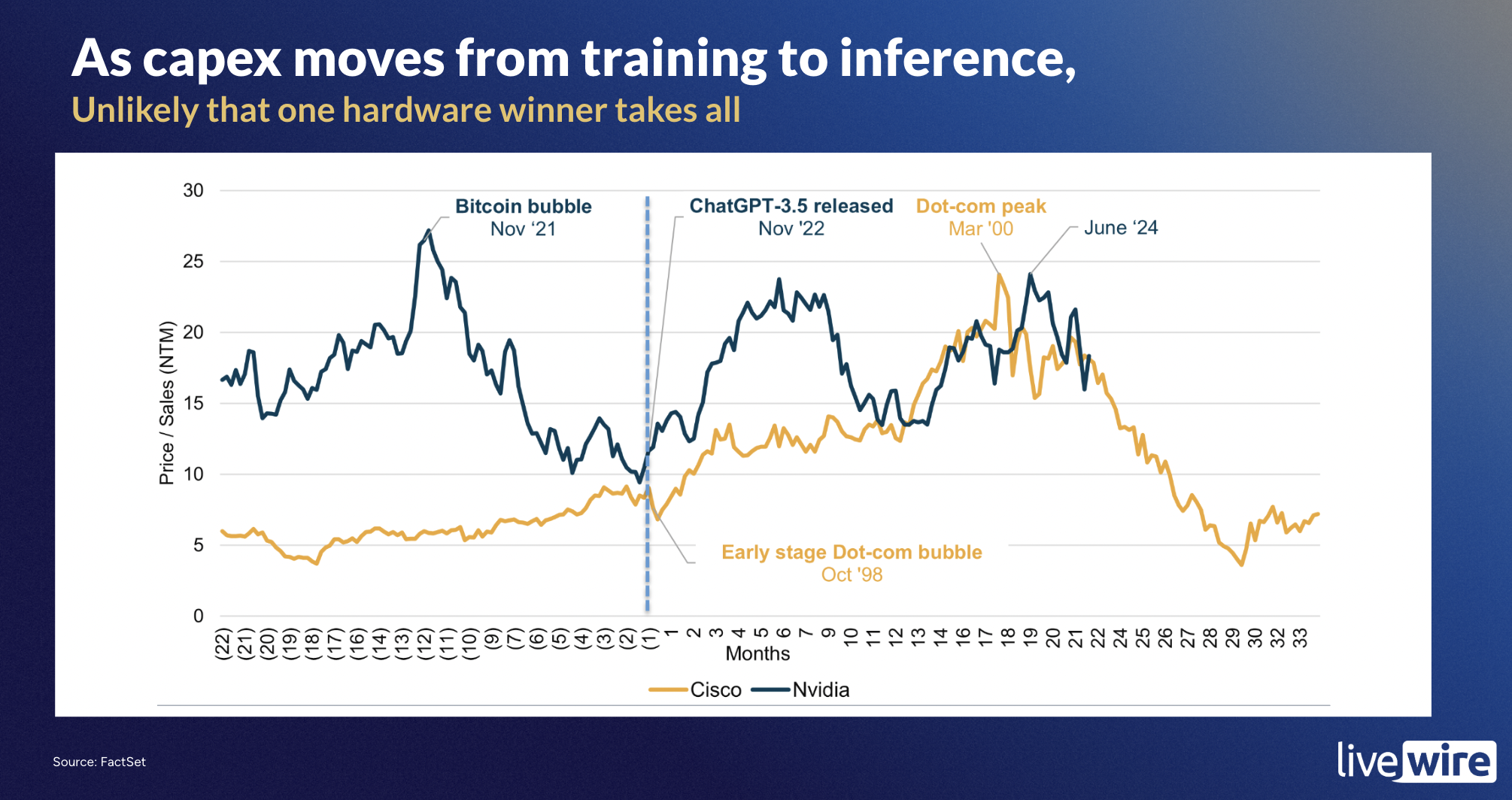
A credible bear case and the key risks investors need to be aware of
"NVIDIA has to do an Apple (NASDAQ: AAPL) here. They have to be go from a hardware company into a software company. Apple did that with the app store. We suspect NVIDIA will do this with chips and that's the bull case on NVIDIA beyond here."
It's not going to be smooth sailing, he argued, noting that over the past five years of holding shares in NVIDIA, they've fallen 50% twice.
"I think this is a little bit of a furphy - trying to find the killer app, trying to find the revenue opportunity. I would just strongly encourage people not to get too hung up on that," Griffin said.
"The reason why I say that is if you go back to the mobile opportunity, the mobile phone came along and created the whole mobile internet, but all the money didn't actually go to the app store. A lot of money went to the app store, but most of the money went into the value that was created."
Just as most of the world's companies leaned into the mobile opportunity, so too will they lean into the opportunity in AI.
"When you get stuck into the revenue opportunity, or return on investment - Meta and Google have collectively US$400 billion in revenue today, 20 years after the mobile internet boom took off. Does anyone here pay for Facebook or Google? The answer is no," Griffin said.
"Don't get too hung up on looking for the revenue opportunity today or the revenue model today because by the time you find it, it will be too late."
While Mitchell jumped in to add that parents like himself may disagree that Facebook is "free", he argues that there will definitely be opportunities for businesses thanks to AI.
"Take one of our holdings, Capital One Financial (NYSE: COF). It's a leading credit card company in the US. They're in AWS, they have all their data there. They can use AI models to optimise credit and ... their marketing spend. So that happens now, it doesn't happen in five years when you come to the consumer side," Mitchell said.
In comparison, it may take longer for consumers to embrace the technology.
"Maybe the AI device is not the phone, it's glasses or some other form factor. So we think on the B2C side, that is a much more protracted adoption curve versus the B2B side where it can start," Mitchell said.
"It has already started and quite frankly it's always been there because Alphabet, Google and Meta have been targeting us with machine learning-based ads since the beginning of their businesses."
Liu agreed that mass adoption could take some time - particularly when it comes to consumers and corporates in Australia.
"I think the prices of the chips need to get cheaper for mass adoption to take place and it will, we just don't know how long that will take," she said.
"As Nick said earlier, every large tech company is investing billions of dollars into chip power right now. Maybe in two years, if India hopefully moves forward ... we will have supply coming on to meet those demands and the chip prices and hardware prices will fall."
When prices fall, it will be great for the industry, consumers, and corporates - and businesses will be able to use AI to dramatically improve efficiency, Liu added.
"At the moment, it's just too expensive to do so ... but prices will come down and we've seen that with every sector and it's coming - that will drive mass adoption," she said.
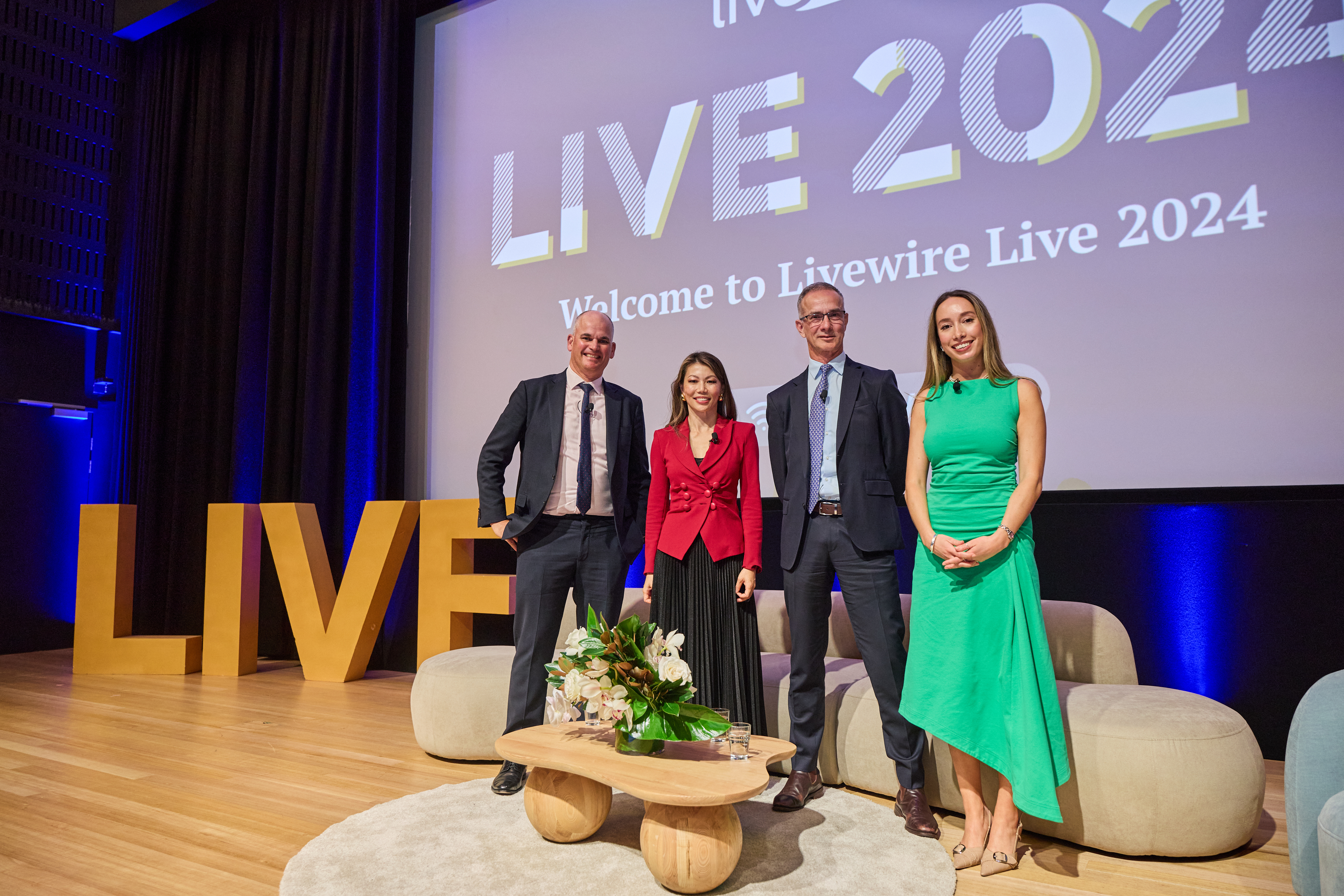
Which companies will win the AI thematic?
So, is this a network effects type of winner-takes-all scenario or an economies-of-scale game? According to Mitchell, it's the latter.
"The network effect businesses that we all know and love, Microsoft, Amazon, Alphabet, Meta - because of their unique data that they've got, because of that network effect, they now have the capacity to invest in what looks like a scale type business as opposed to a business that has in itself natural network effects," he said.
This means the AI CAPEX cycle is highly economically sensitive - and will shape-shift depending on how confident these hyperscalers are feeling about the global economy.
"That's what I want people to take away from this - there is economic sensitivity in the AI CAPEX cycle. And that's not been, I don't think, appreciated in the NVIDIA multiple today," Mitchell added.
Griffin agreed that this is the "big boy's game" - arguing that AI is reliant on these big tech companies continuing to spend money. Distilled simply: When it comes to AI, the more data you have, the better you can use it.
"From the horse's mouth last week, they're going to keep spending money for the next three years. Now, will they change their view? You're right, that could happen," Griffin said.
"There is sensitivity around that. Have they changed their view in the past? Yes, there have been digestion periods in NVIDIA's path over the last five to six years that we've owned the stock, but it's been the right thing to own the stock. It's going to cost US$50 billion to $100 billion each when they finally get to those million GPU clusters."
The ultimate network effect winner for the AI theme is NVIDIA, Nick believes - despite its already stellar run over the last 18 months.
"If they get this right and there is at least a better than 50% chance of them getting it right, they become the hardware and software model for AI. They become the gatekeepers for all future computing progress from here. It's theirs to lose from here," he said.
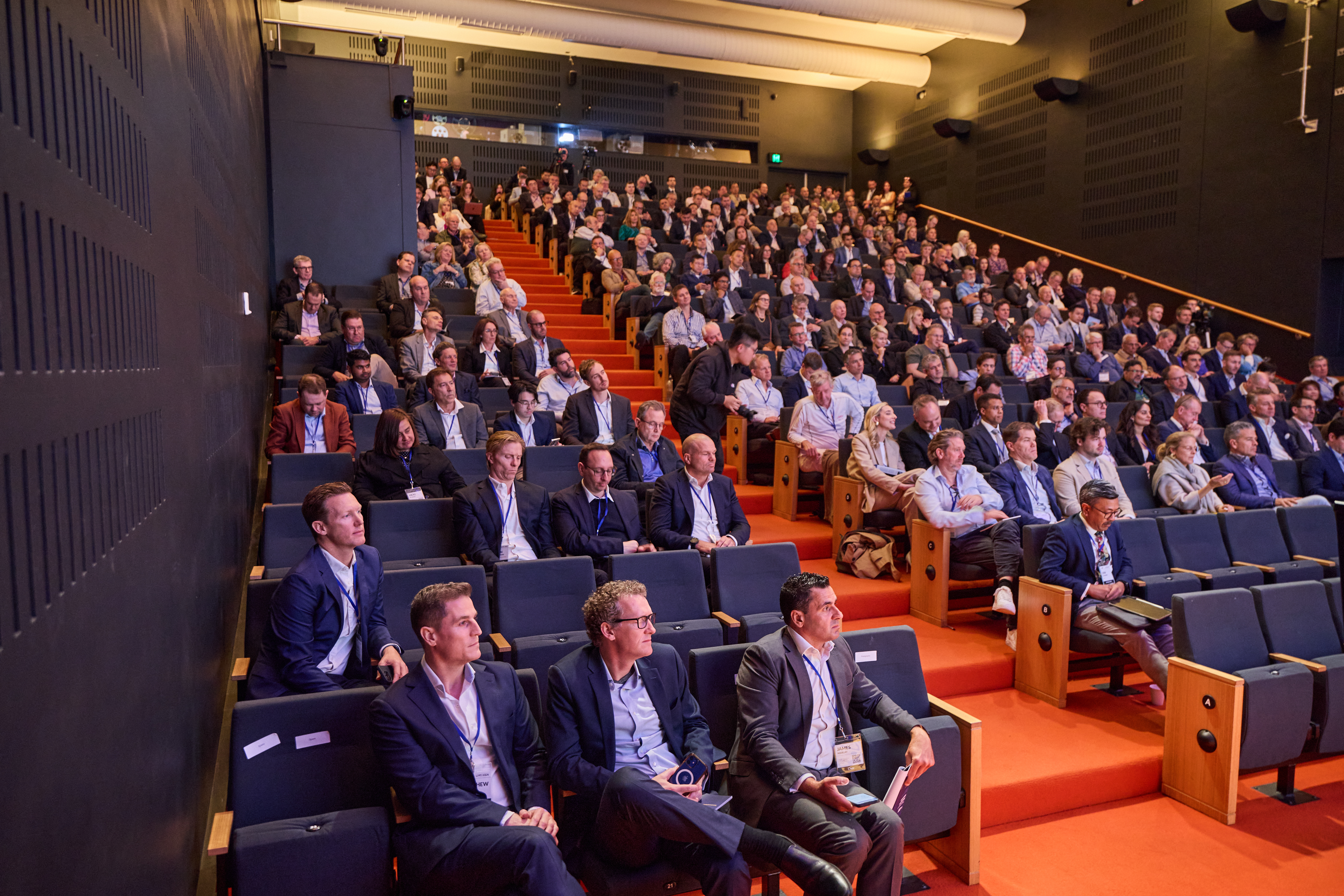
Investable ideas
She points to Pro Medicus (ASX: PME) as an example - noting that its software is being used to train AI as we speak.
"It is constantly being used by AI training programs and companies to learn. So in the future ... maybe you can detect things a little bit earlier," she said.
In addition, data centres are an easy way to play AI - pointing to NEXTDC (ASX: NXT) and Goodman Group (ASX: GMG) as examples. She also likes Infratil (ASX: IFT) - which is also investing in the data centre space and has "great management" specialised in venture capital.
She is also excited about the opportunity in retailers such as JB Hi-Fi (ASX: JBH) - which she believes can benefit from the replacement cycle in PCs as AI-enabled models come to market.
"The next thing you've got to look at is utilities. Who's going to support all this energy? We are going to run out of energy at the moment. Data centres tell you that land is actually not hard to come by. It's securing the energy source and the pipeline to deliver to those areas that are actually really difficult," Liu said.
With this in mind, ASX-listed energy companies are likely to benefit from this megatrend, she added.
Meanwhile, Mitchell believes there are still opportunities on the fringes of the mega-cap software companies.
"They are simply treasure troves of data and they have the capacity to essentially upsell tools back to their incumbent users. So, anyone who has a path to market, unique data and is IT savvy, I think, is going to make money in the near term out of AI," he said.
He points to Oracle (NASDAQ: ORCL), SAP (NYSE: SAP) and Workday (NASDAQ: WDAY) as examples. He also believes there is a "big opportunity" in tech-savvy banks, although he doesn't name any names.
Meanwhile, Griffin believes that the market has so far focused on solely the tip of the AI iceberg, arguing there are quite a lot of attractive opportunities beneath the surface.
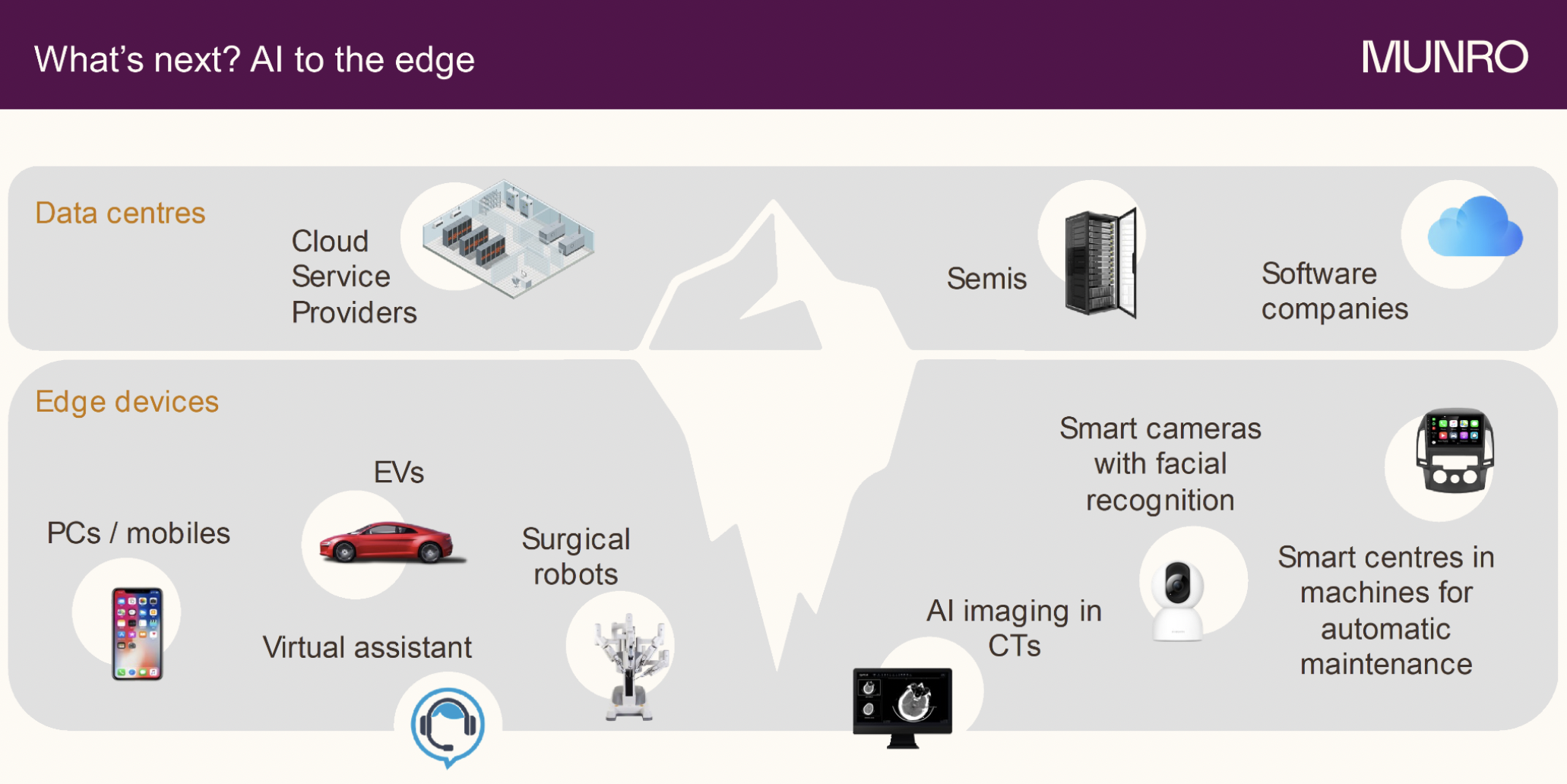
"It's the largest provider of imaging technology sites in the US. They have the largest data set of MRIs in the world. You can use AI on MRIs to help detect cancer quicker - detect it two years earlier, and do it cheaper too because the radiologists are not required," Griffin said.
He also names Axon (NASDAQ: AXON) as another AI winner - a provider of body cameras in the US (mostly used by the police force).
"It records the footage, plugs that into a generative AI model and writes the report. The report's not going to come out perfectly, but it's going to save the policemen an hour or two hours of their day and policemen are hard to find," he said.
That said, he doesn't believe the world's "hot stocks" are that expensive - and reaffirms that we are only 18 months into the AI cycle.
"Not one of these companies is actually on a PE over 30 times today .. valuations actually haven't run up. Google's on 20 times. You're getting all this AI optionality. TSMC is on 20 times. You get all this AI optionality. Nvidia is a bit higher, but it's still not stupidly high," Griffin said.
The AI imposters
Both Griffin and Mitchell pointed to Super Micro Computer (NASDAQ: SMCI) as an AI imposter, while Griffin also named Dell (NYSE: DELL) and HP (NASDAQ: HPQ) as companies that are unlikely to get any margin here.
"Everyone knows this now, but Intel (NYSE: INTC) is unfortunately on its way to a slow death because of the lead that NVIDIA's got," Griffin added.
"There are actually very few [winners] because it's the biggest companies, the semiconductor companies, the quasi-monopolies, oligopolies or 'the big guys' that we talked about that can add the cost."
Liu, on the other hand, points to locally-listed Appen (ASX: APX) as an AI imposter. The stock is up more than 70% over the last 12 months.
"When NVIDIA first went through the roof, in one announcement, Appen quoted Nvidia 10 to 15 times because they collaborated with NVIDIA and the share price responded very positively to it," she said.
"At the end of the day, that collaboration was not really that significant. And the core business itself is actually ... reducing, and has lost lots of big contracts from Google and the like."
"In software, there's a real difference between a platform software company like a Workday (NYSE: WDAY), a Salesforce (NASDAQ: CRM), and then a company at the other extreme, like a Zoom (NASDAQ: ZM) or a point solution. I think point solutions are really easily disrupted in this world," he said
"There are probably more imposters than we realise because it's natural for the market to extrapolate revenue growth to continue and then something doesn't actually work out to be a resilient business."
The winners, it seems, will continue to be the mega-cap tech companies. The losers, on the other hand, are the medium to small businesses that don't have the cash to invest in this burgeoning technology.
5 topics
26 stocks mentioned
3 contributors mentioned


